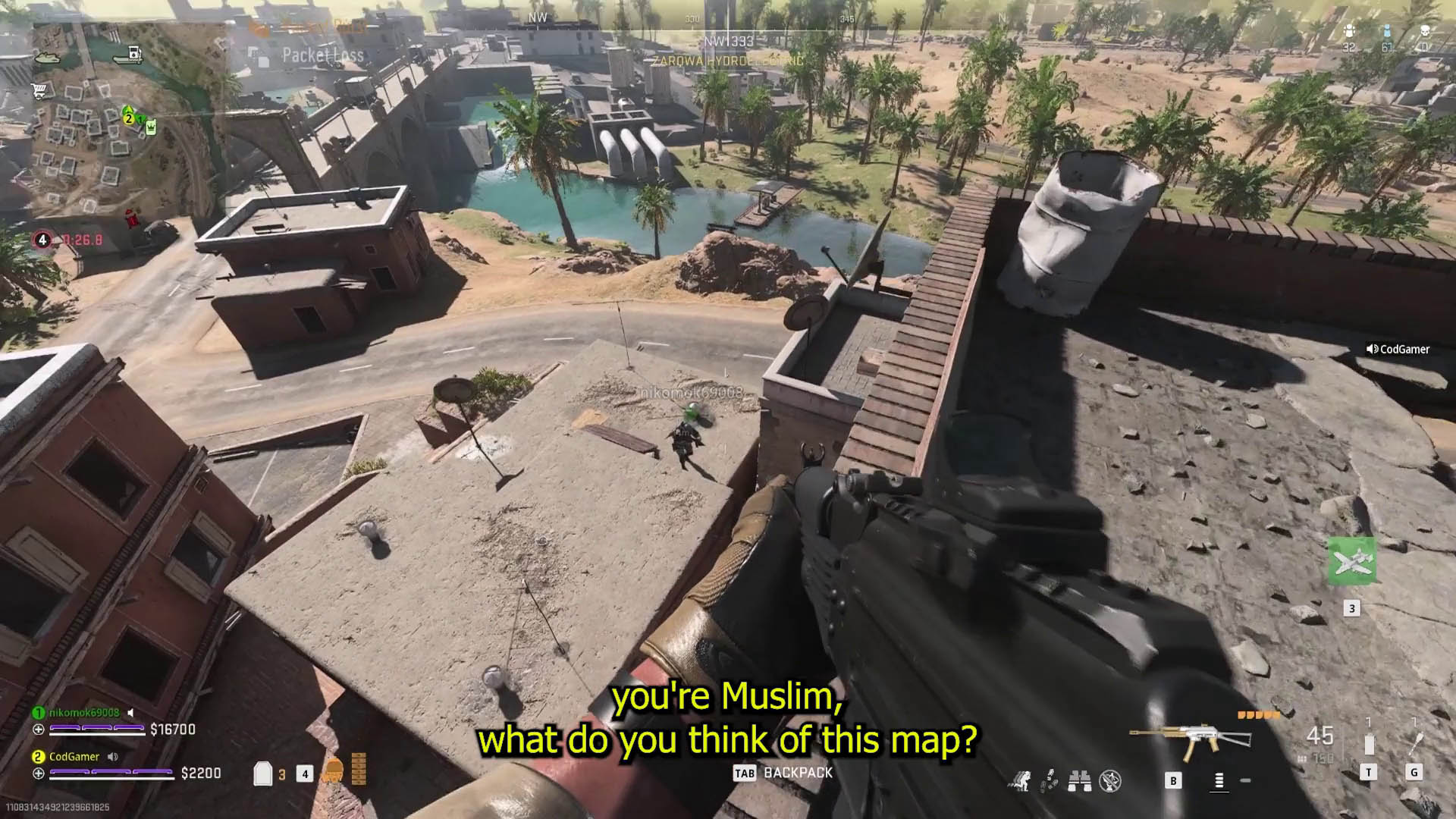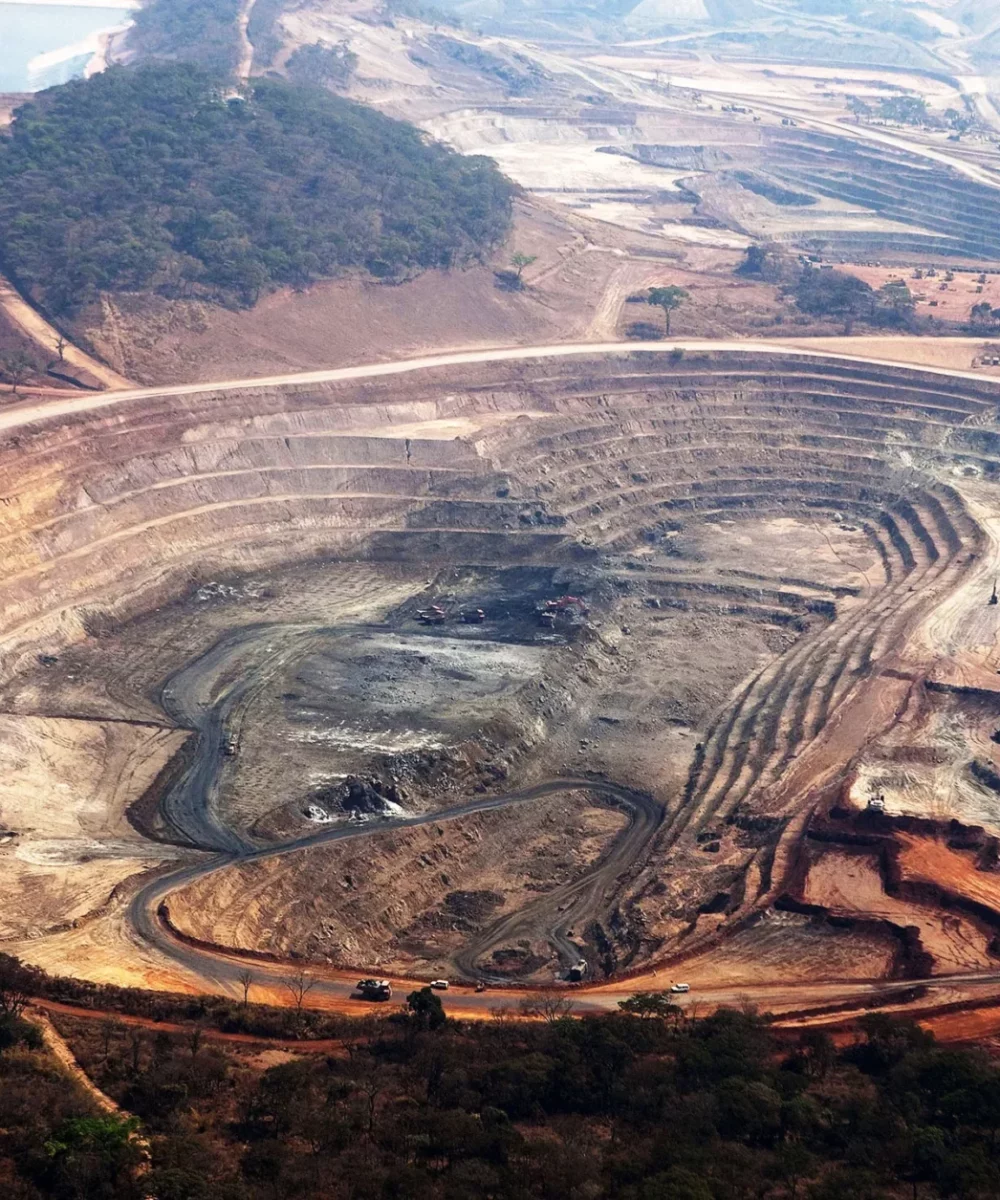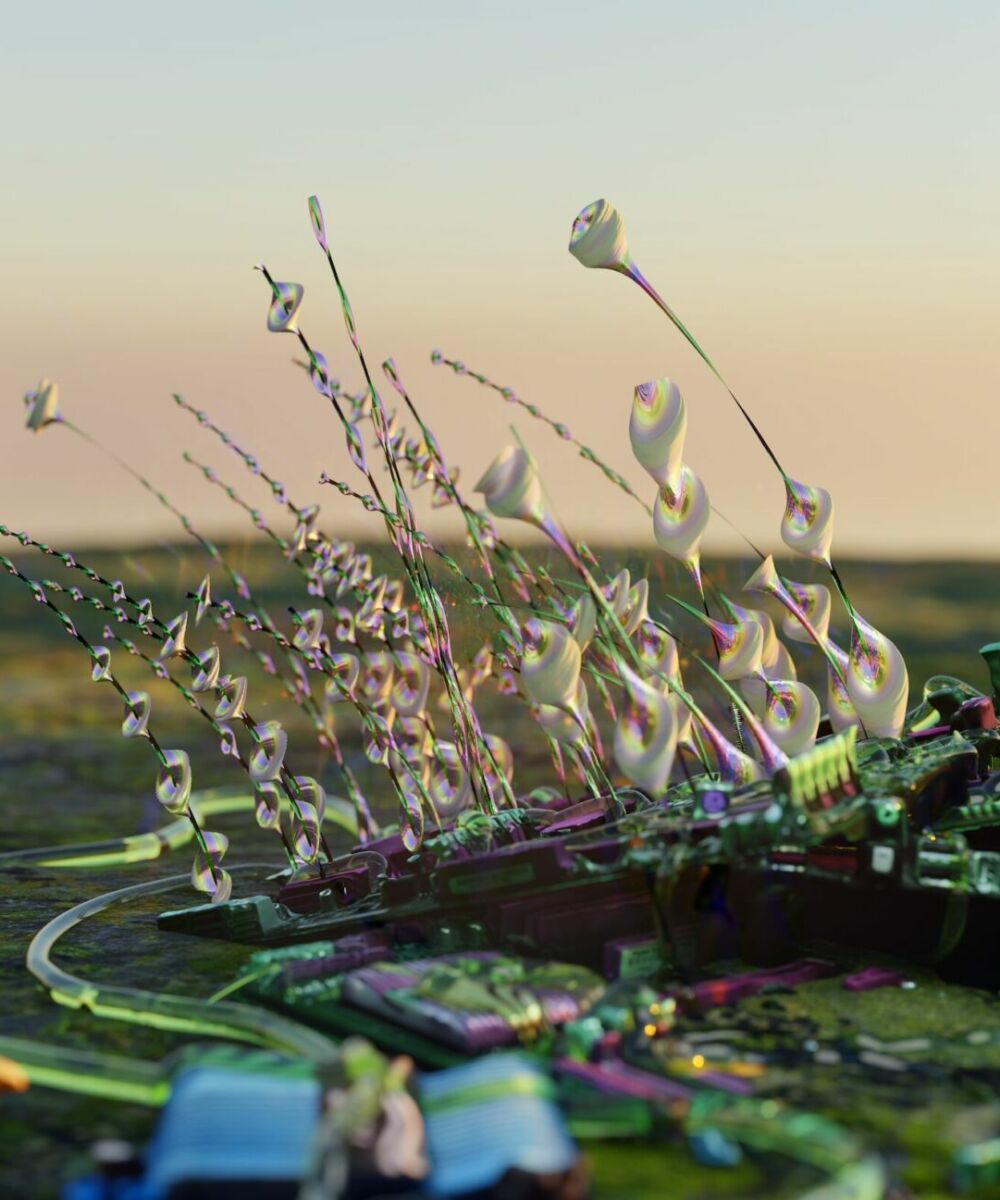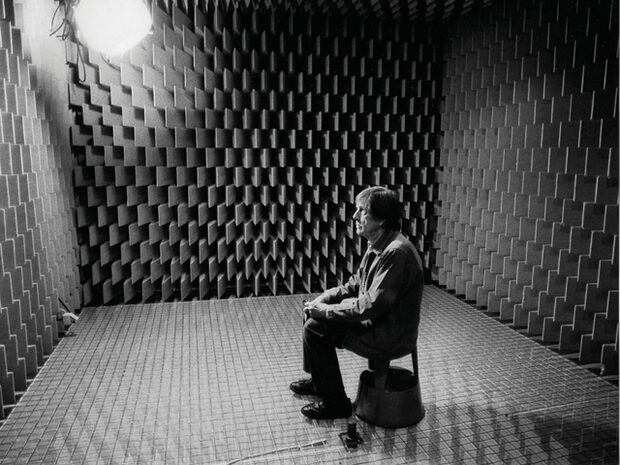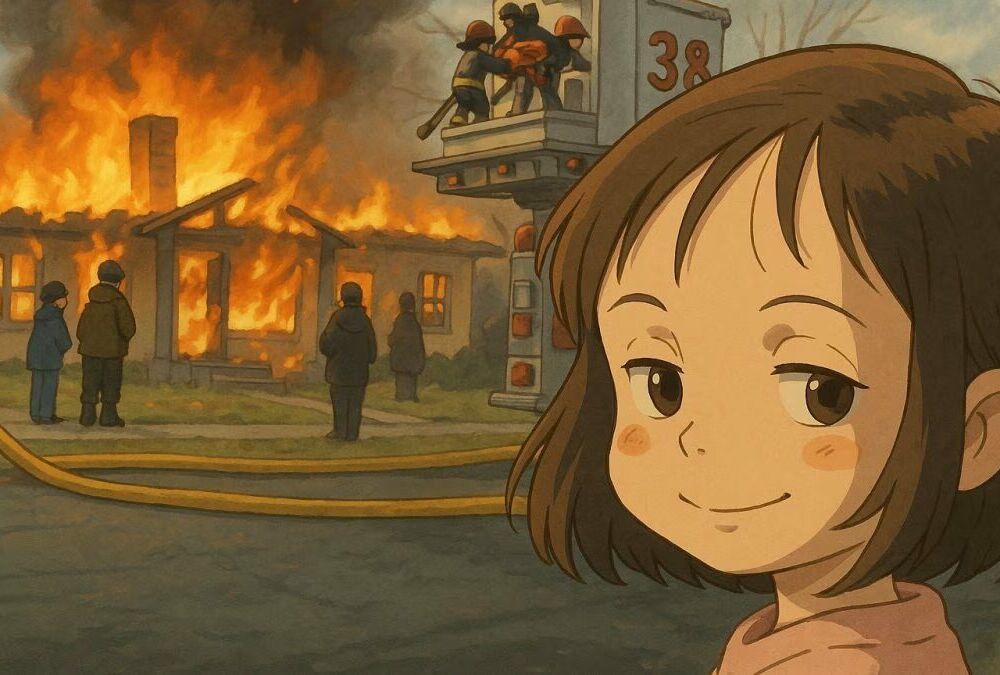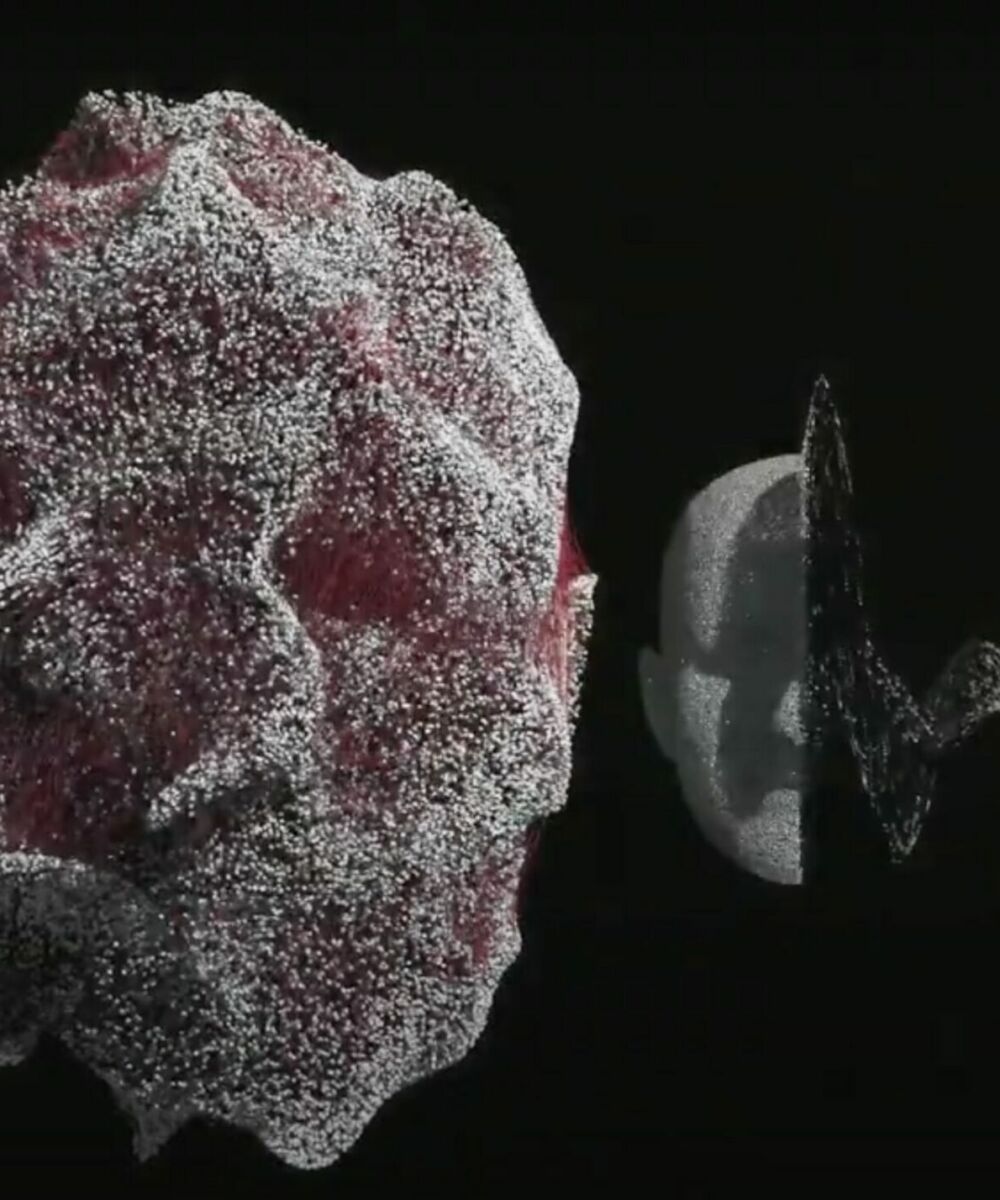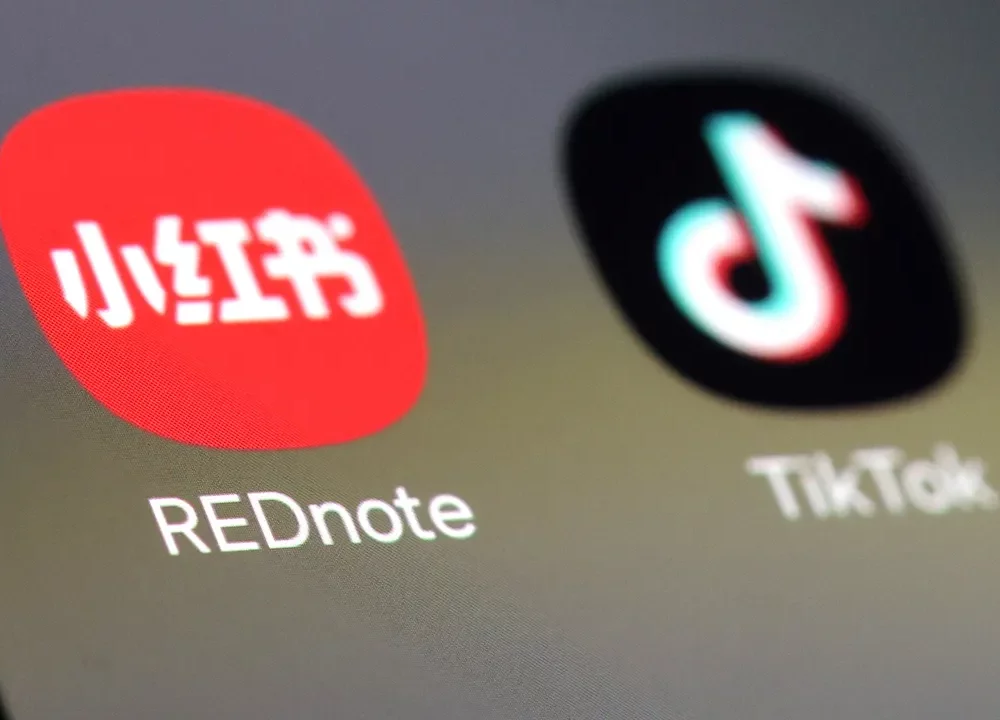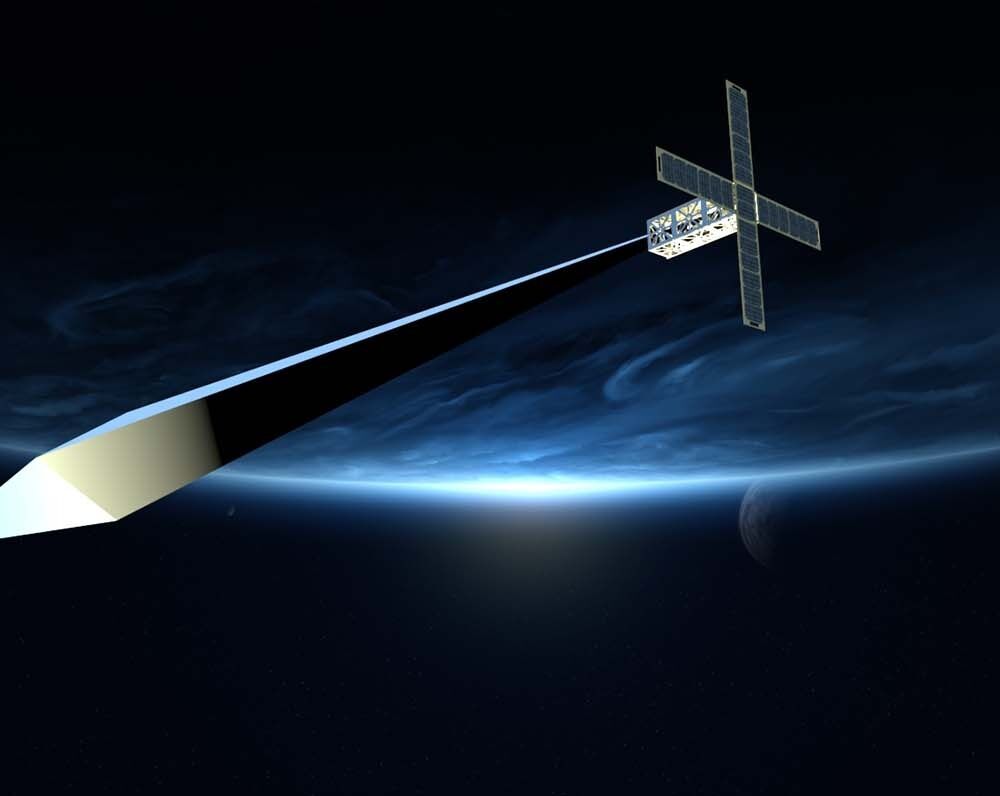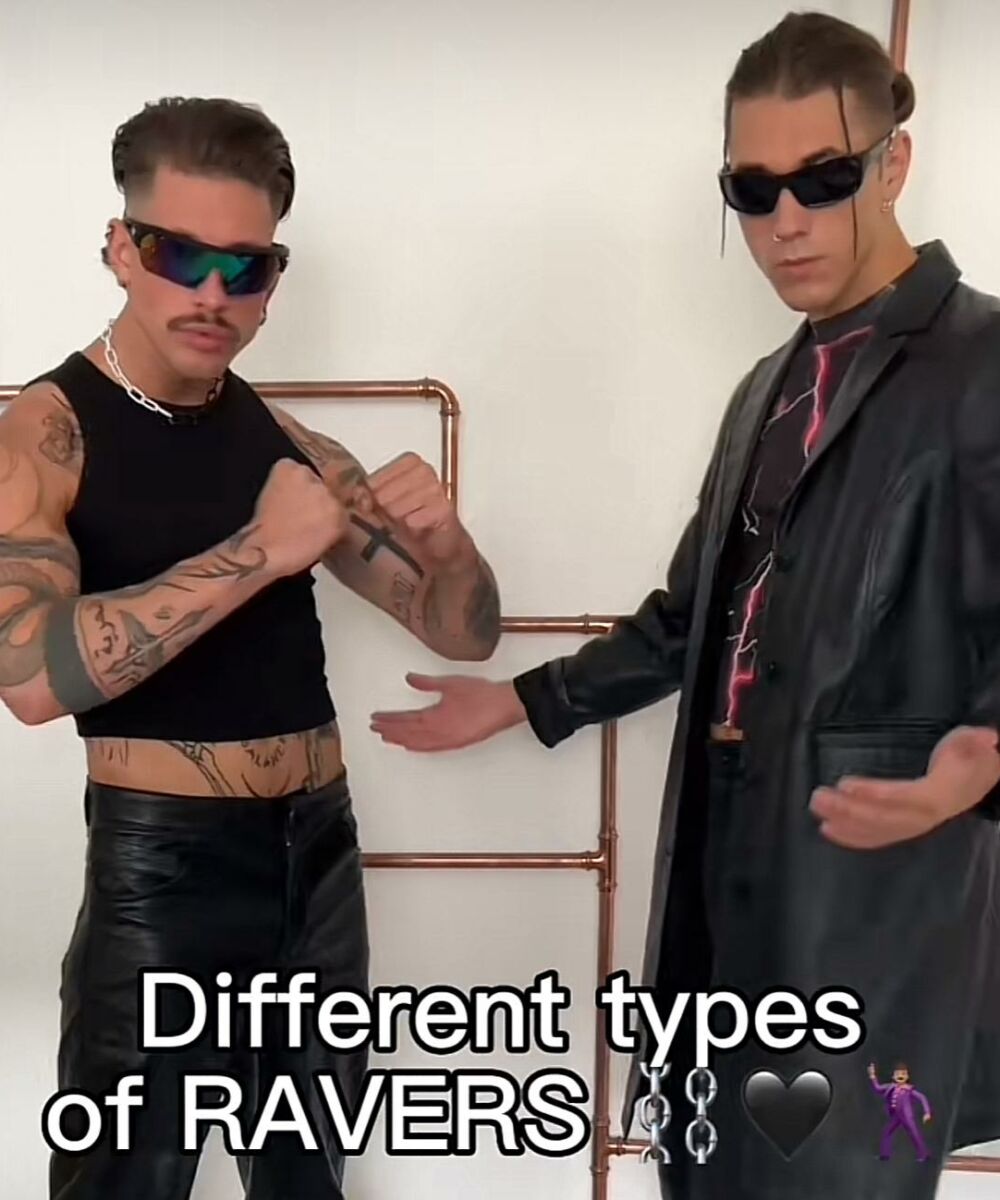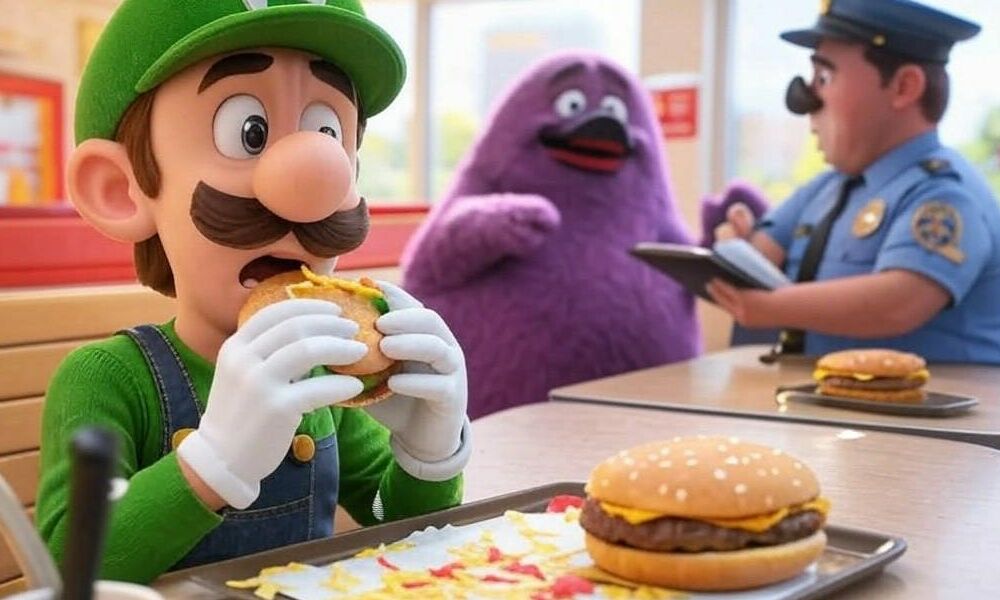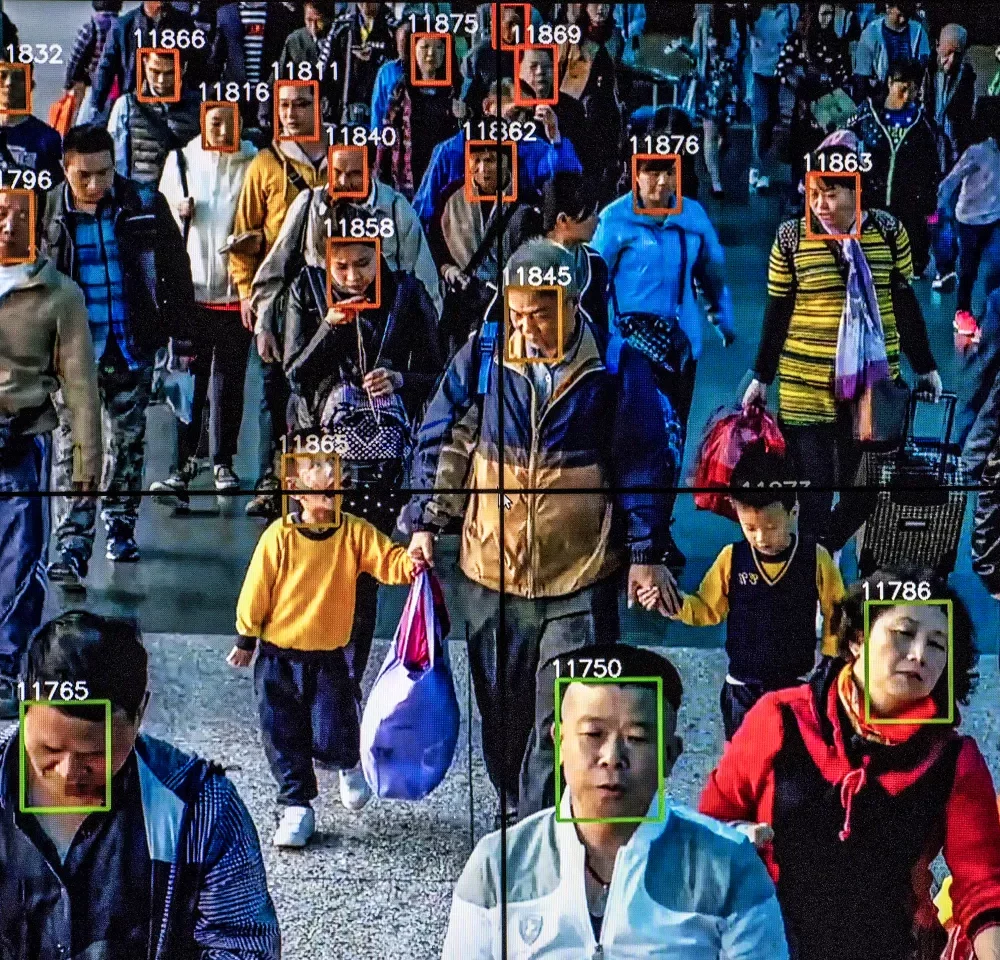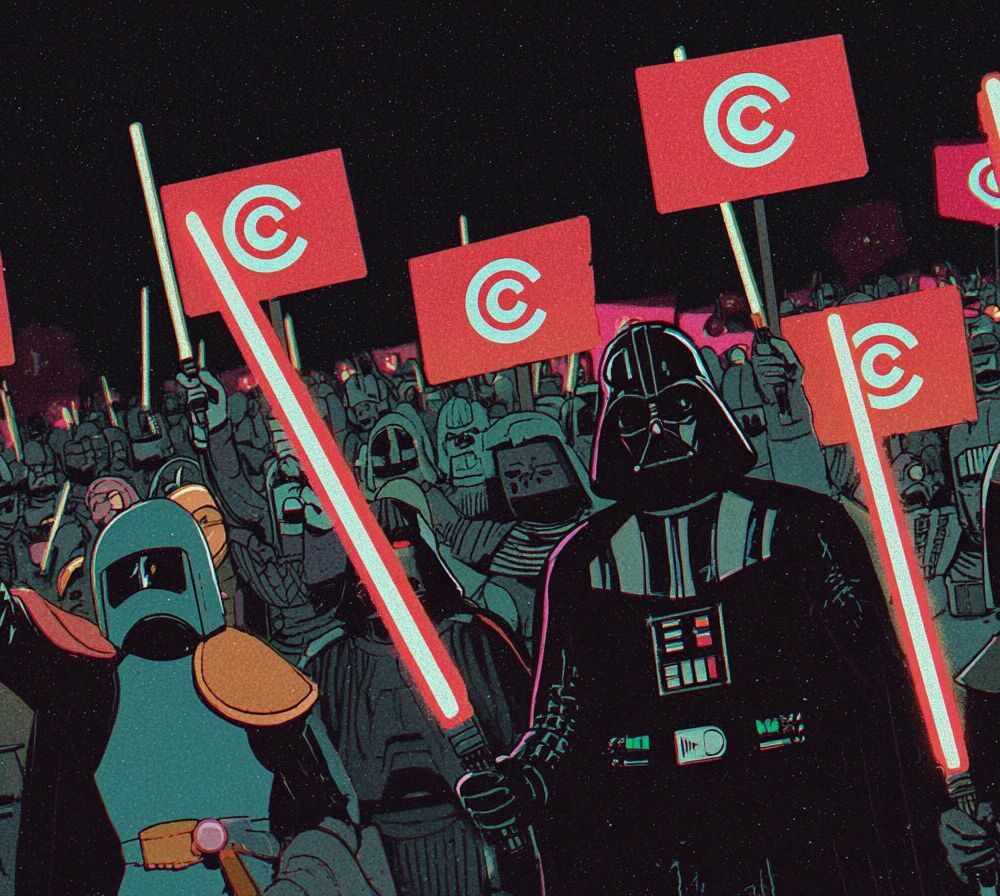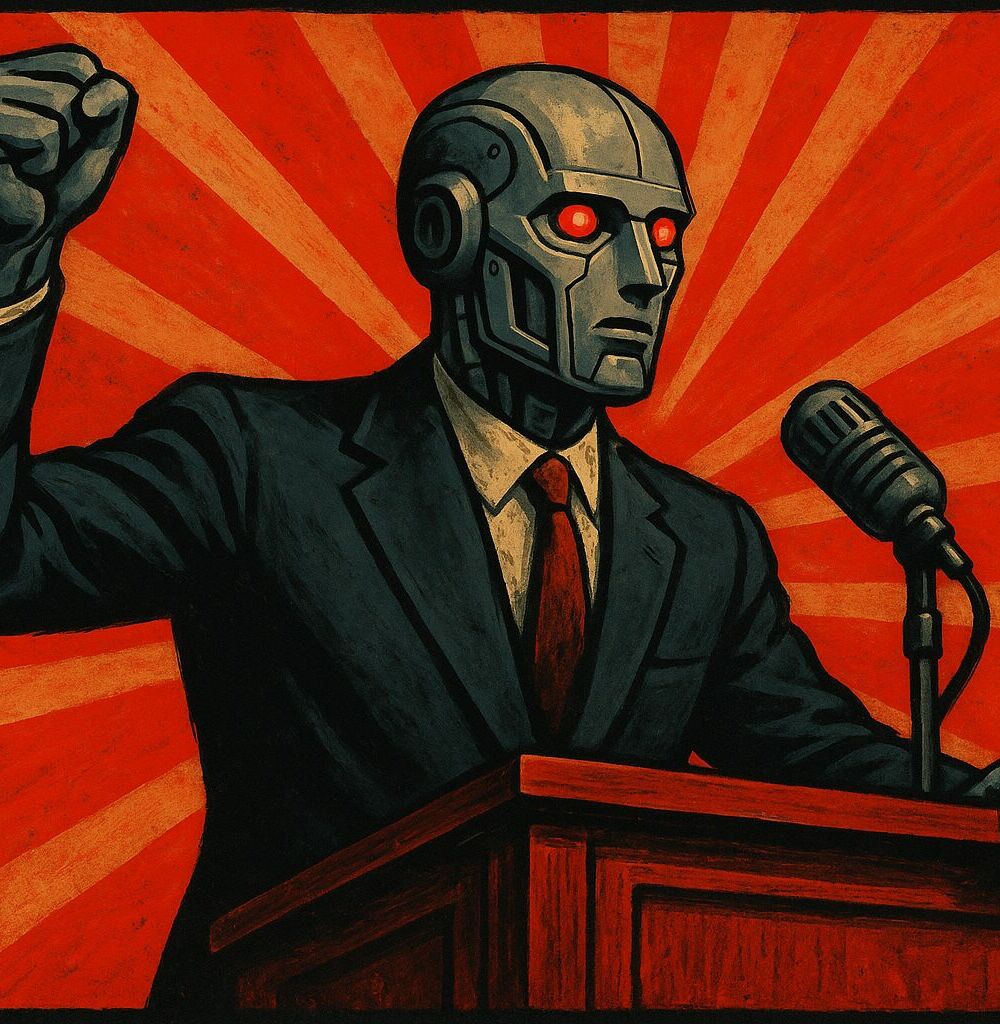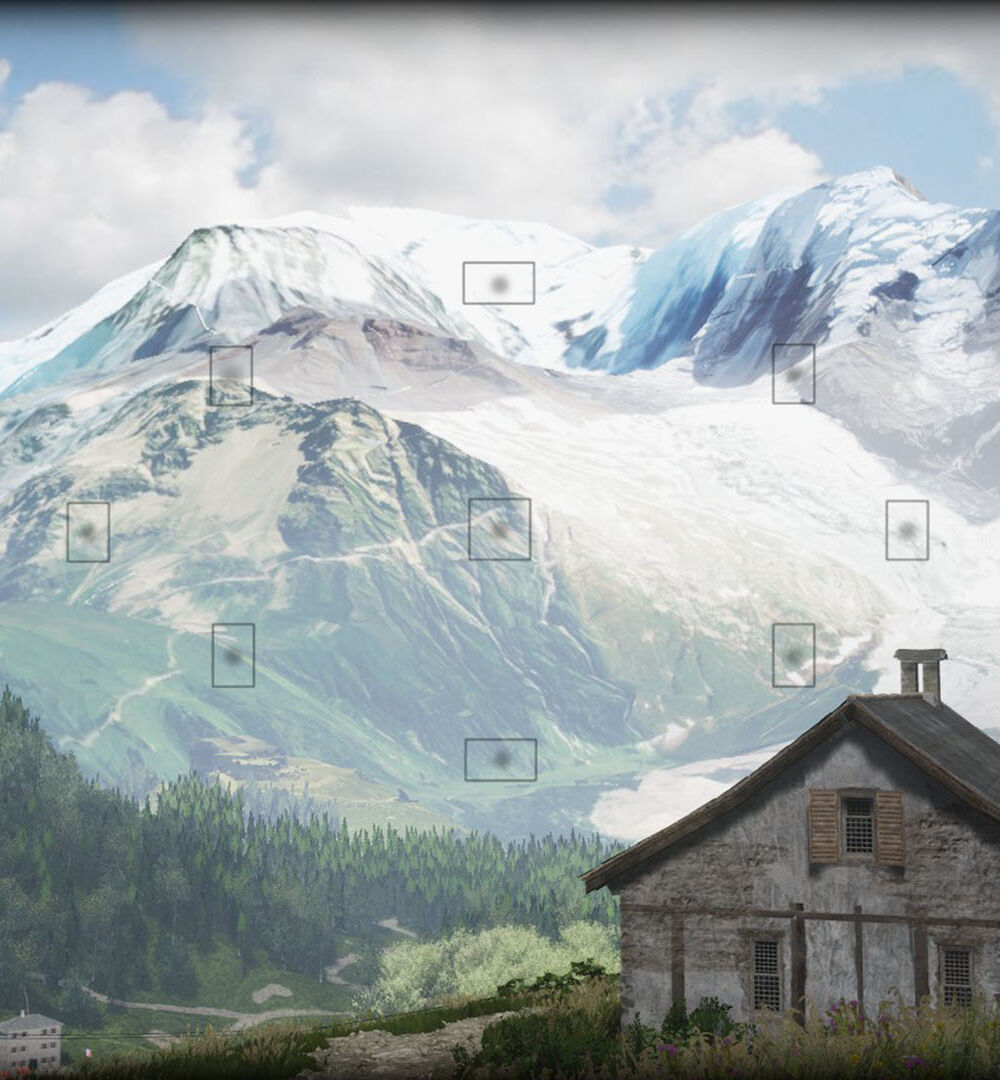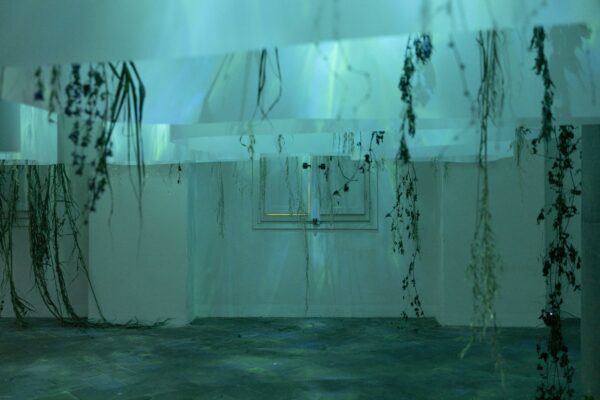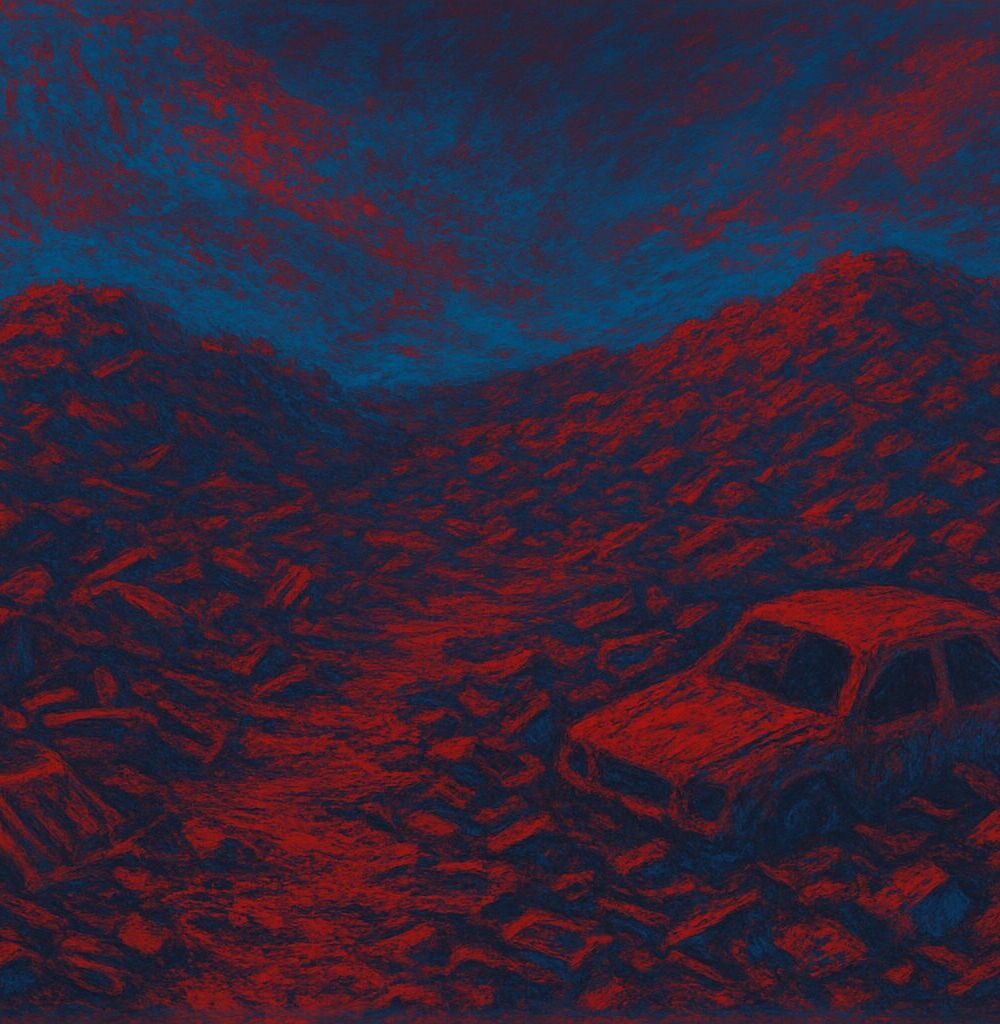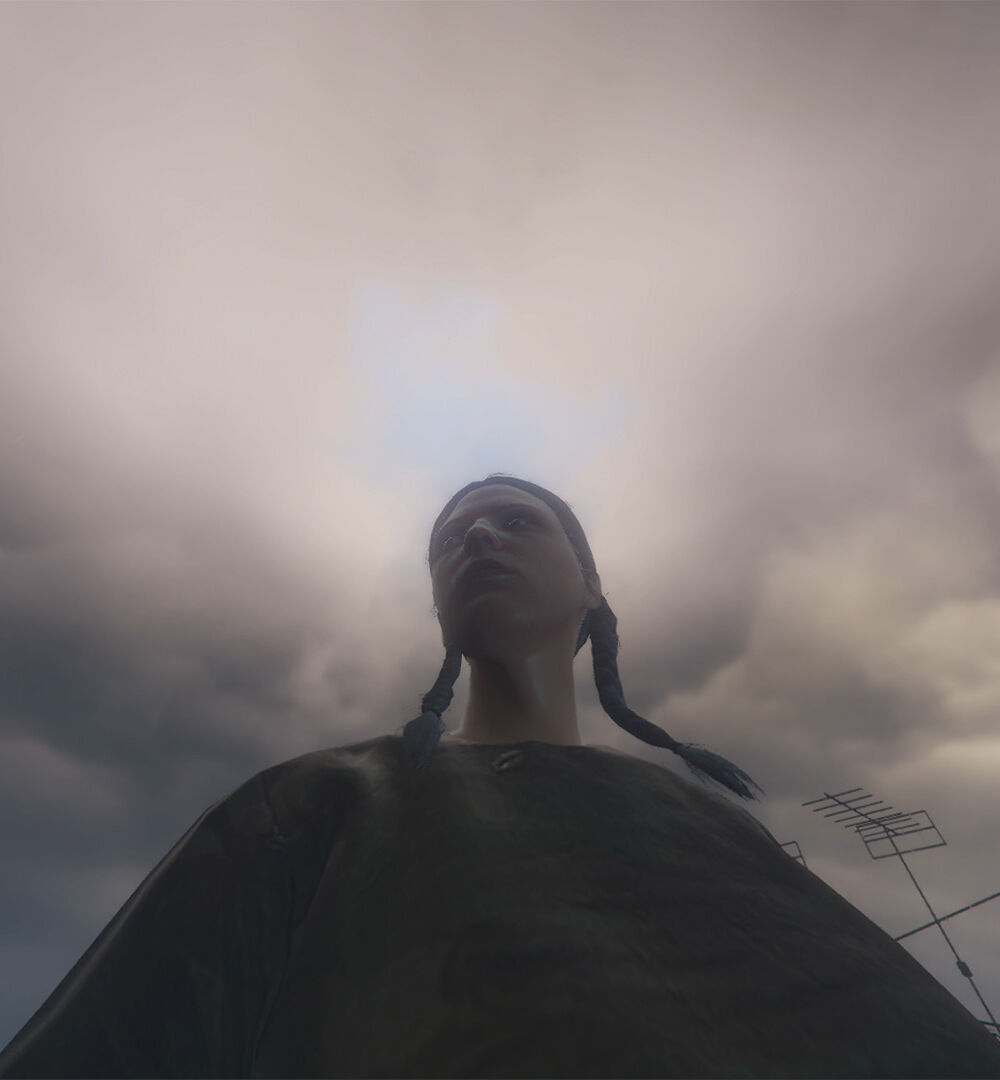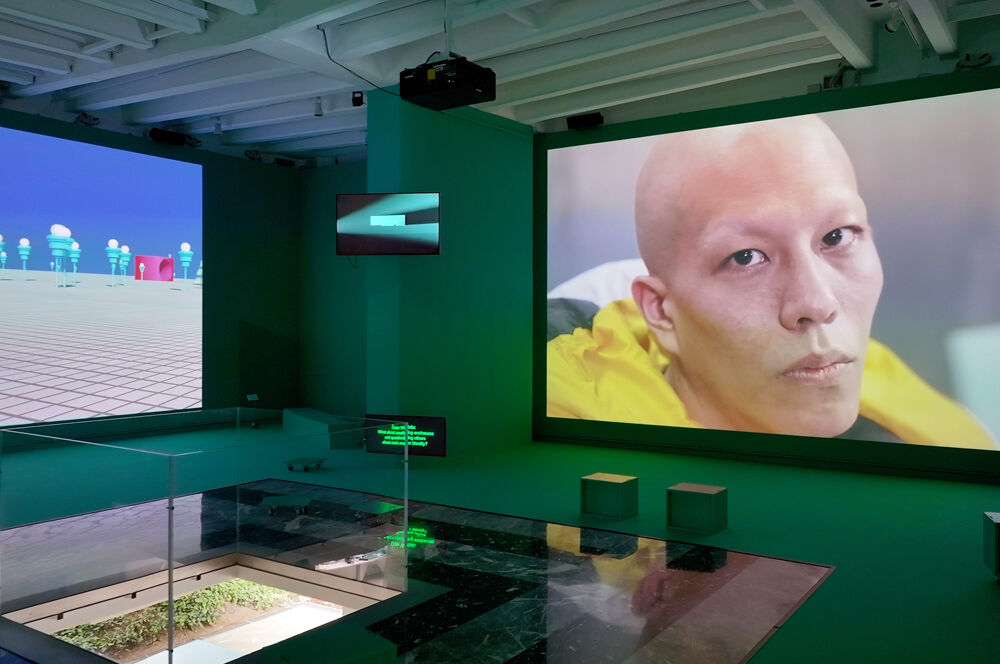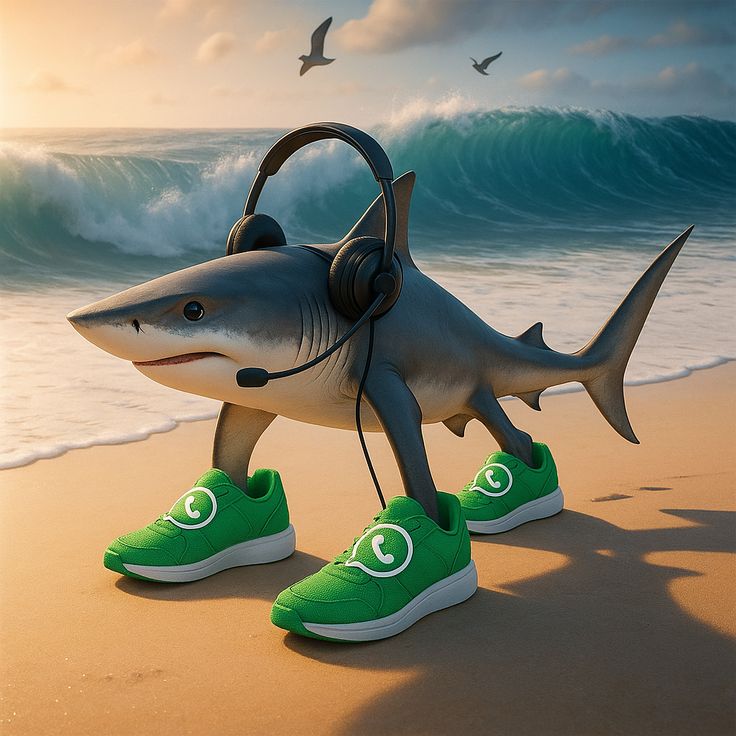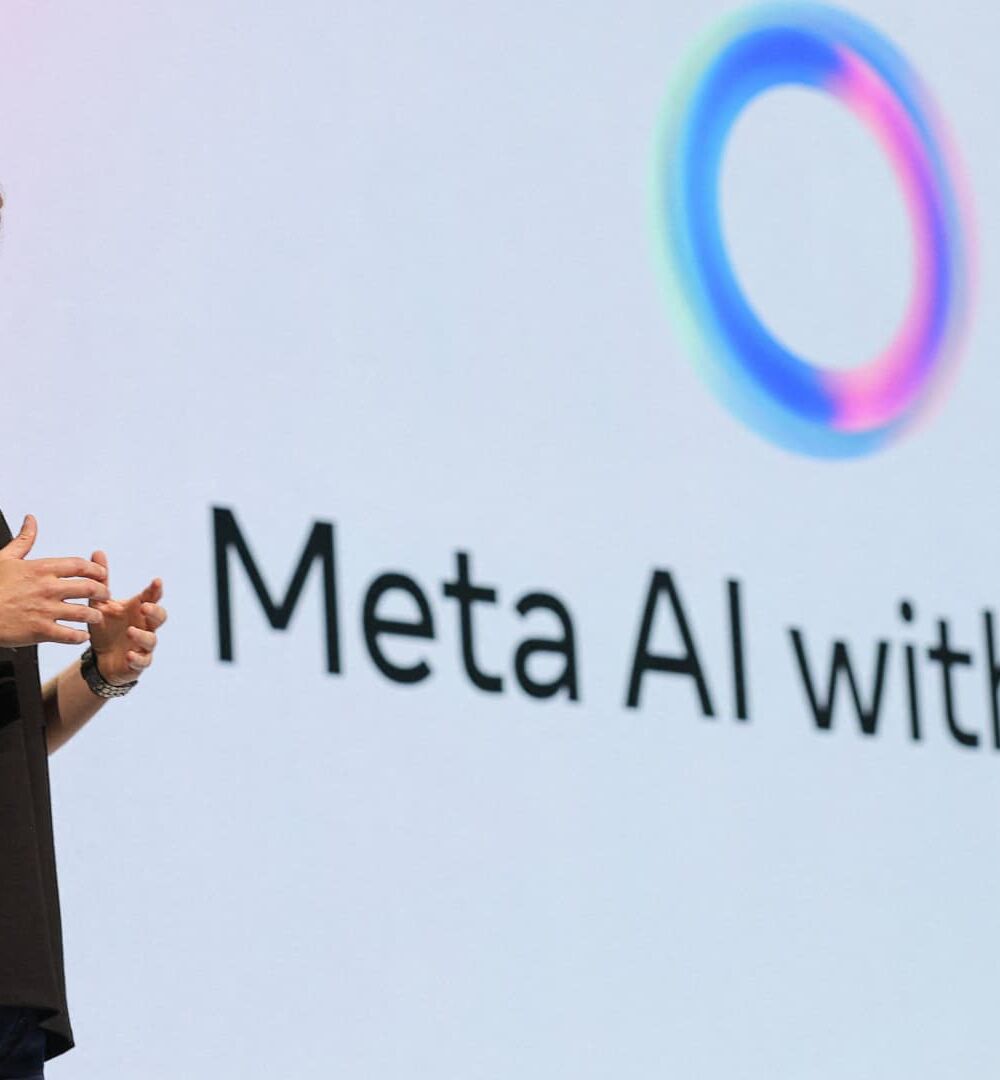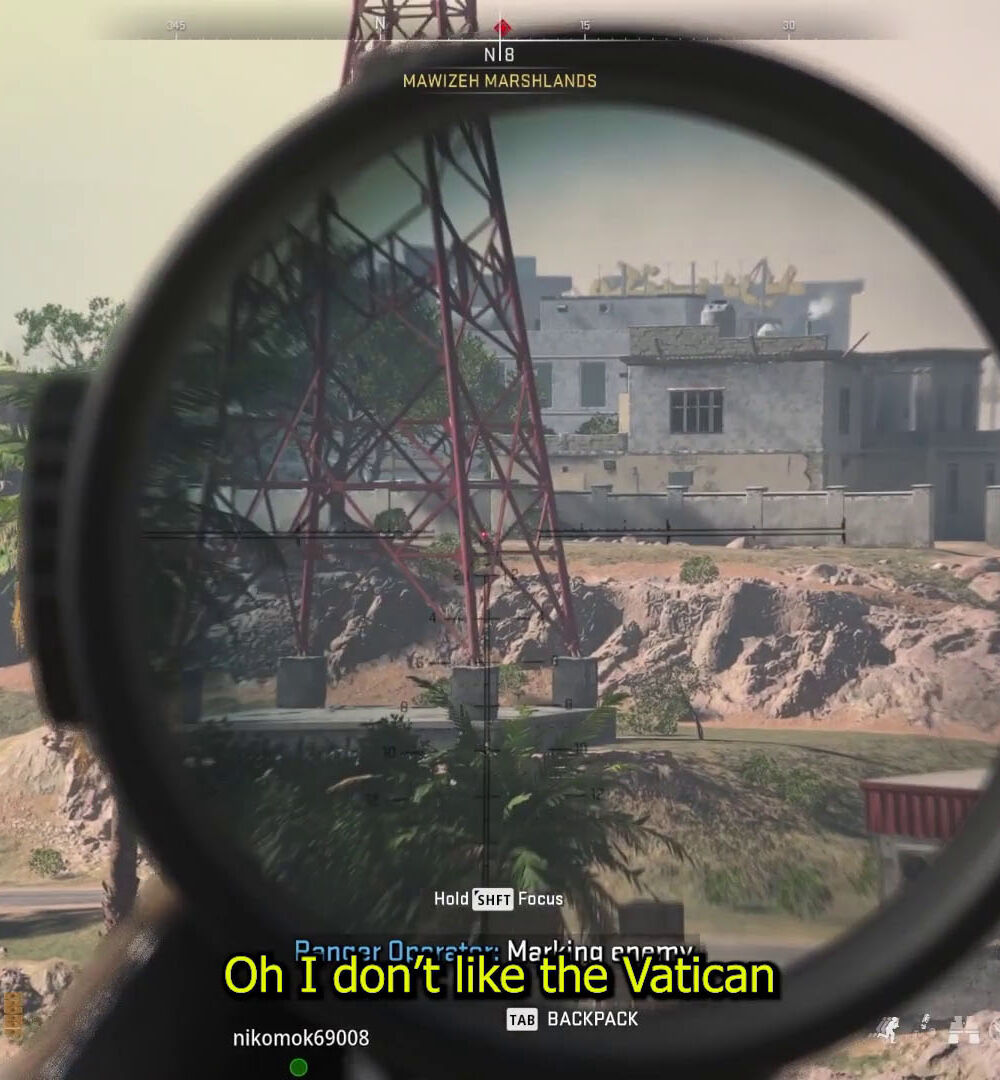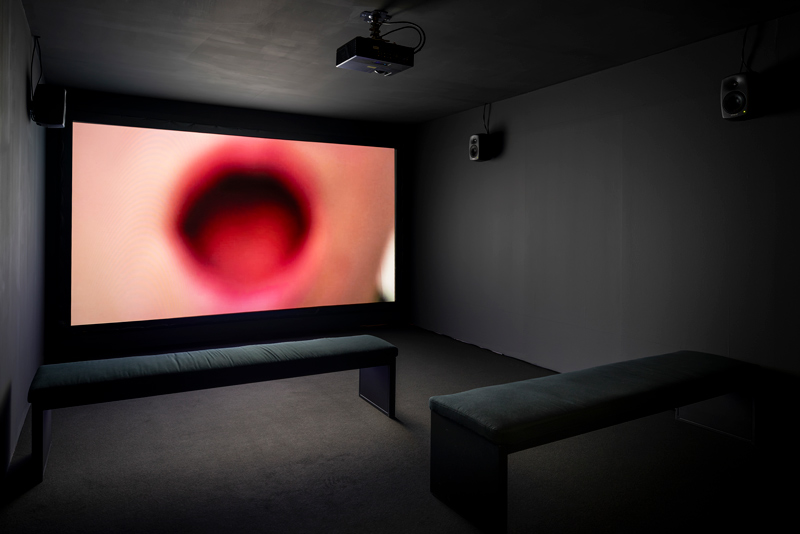Friendship in Warzone
by Matteo Lupetti
“Do you think love can bloom on a battlefield?” asks Hal “Otacon”
Emmerich to protagonist Solid Snake in the video game Metal Gear Solid (Konami, 1998).
“Do you think friendship can bloom on a battlefield?” asks the short film The Zone (2024) by Daniele Imani Nobar, which won the Critics’ Choice Award at the 2025 edition of the Milan Machinima Festival, held both online and in Los Angeles. A machinima, a film made within a video game, in this case the second version of the online war game Call of Duty: Warzone (Activision, 2022).
The artist recorded and edited the match in which he met Jibi, the teammate he was randomly paired with to fight in the setting of Al Mazrah — capital of the imaginary, Caucasian (but Arabic-speaking) Republic of Adal. Since the 2000s, in the era of the United States’ Global War on Terror, the Call of Duty series has contributed to making war, its tactics, and its tools more familiar to us. It made use of military consultants, brought its audience closer to weapons, and brought weapons manufacturers closer to that audience. It also participated in the militarisation of civilian life by militarising part of our online social lives, taking them into virtual battlefields designed to maximise violence and paranoia.
They talk about where they live, and immediately the physical world starts to seep into the virtual.
Despite this — and despite language barriers, connection issues, and in-game noise — in the midst of the gunfire, Nobar and Jibi begin talking through their microphones. “The other player had no idea I was recording, and I didn’t know I’d end up using the recordings for this,” Nobar wrote to us. They talk about where they live, and immediately the physical world starts to seep into the virtual. They talk about religion, and eventually their conversation reaches — and begins to challenge — Call of Duty itself and its portrayal of Muslim-majority Eastern cities as the backdrop for the USA’s global war.
MATTEO LUPETTI
Matteo Lupetti writes about art criticism, digital art and video games in publications such as Artribune and Il Manifesto and abroad. He has been on the editorial board of the radical magazine menelique and the artistic direction of the reality narrations festival Cretecon. His first book is ‘UDO. Guida ai videogiochi nell’Antropocene” (Nuove Sido, Genoa, 2023), a reinterpretation of the video game medium in the age of climate change and within the new multidisciplinary paths that foreground the non-human and its agency.


